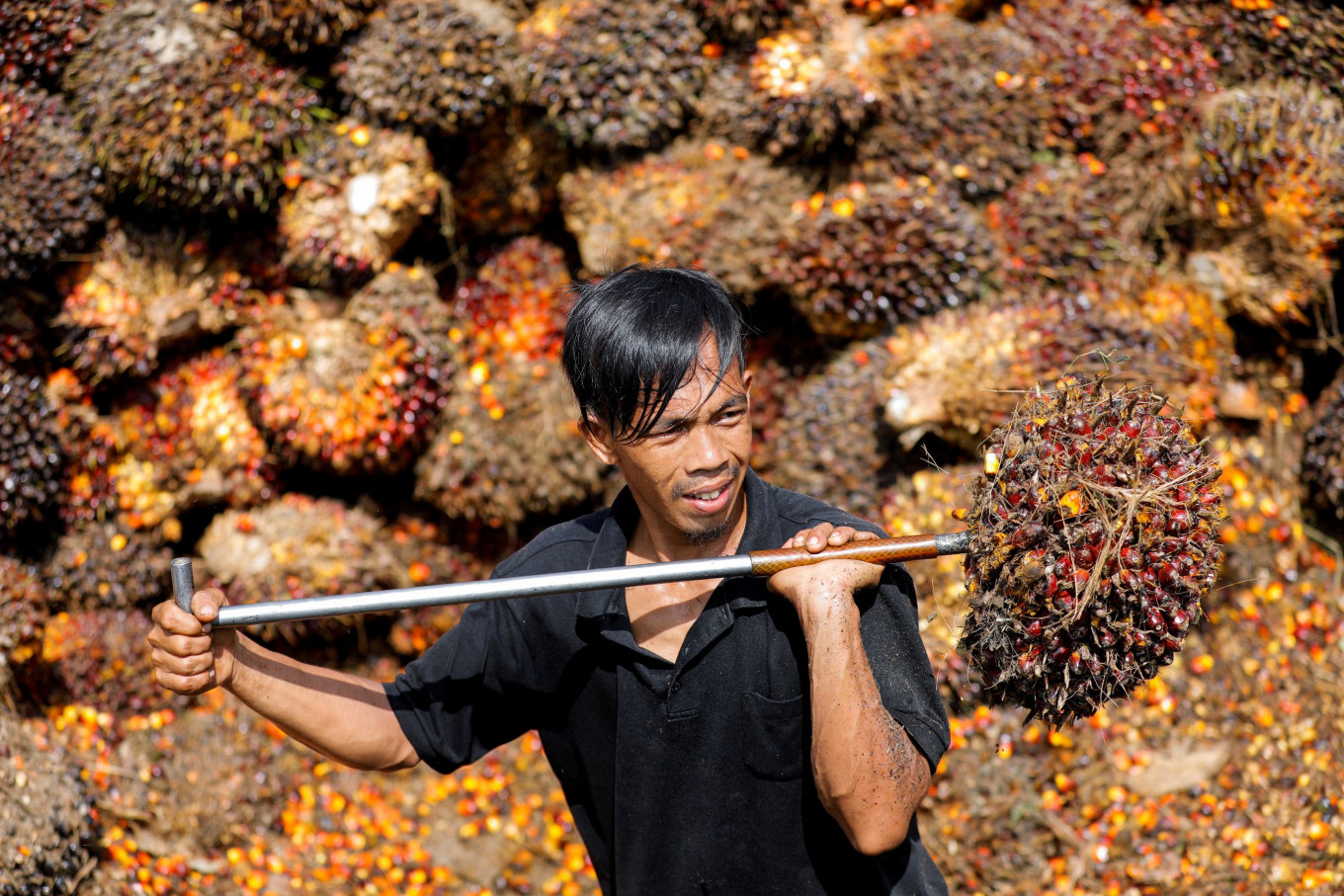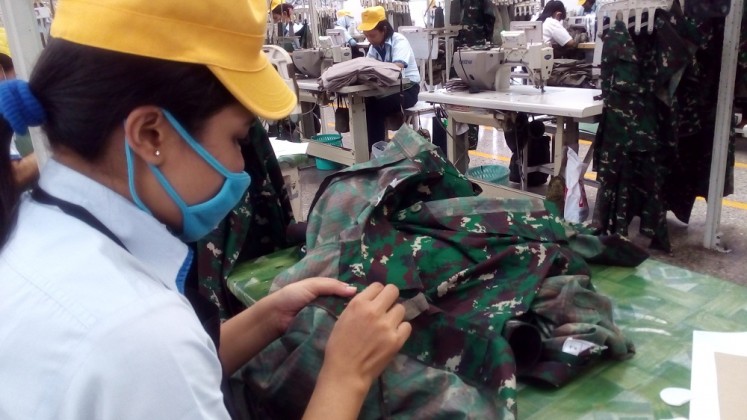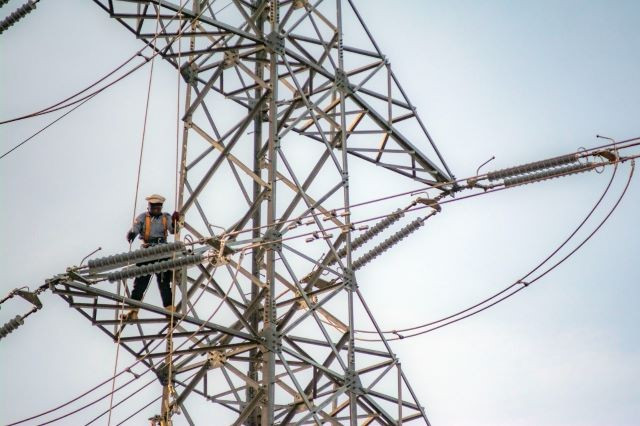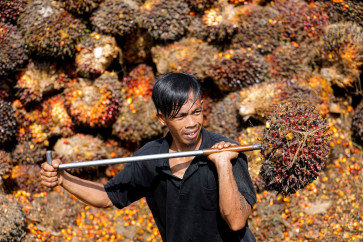Popular Reads
Top Results
Can't find what you're looking for?
View all search resultsPopular Reads
Top Results
Can't find what you're looking for?
View all search resultsUncertainty looms over RI’s plan for B50 biodiesel by 2026
Critics have warned that Southeast Asia’s largest economy’s push to adopt B50 by 2026 may carry significant environmental and economic risks, such as deforestation, land-use conflicts and biodiversity loss.
Change text size
Gift Premium Articles
to Anyone
T
he Energy and Mineral Resources Ministry has stated that it has not yet finalized the composition of the B50 program, which is planned to become mandatory next year. The blend could either consist of 50 percent Fatty Acid Methyl Ester (FAME) or a mix of 40 percent FAME and 10 percent hydrotreated vegetable oil (HVO), a cleaner biofuel option.
The ministry’s director general of new, renewable energy and energy conservation, Eniya Listiani Dewi, said the government is still in discussions to determine B50’s overall feasibility.
“We haven’t decided yet whether we will start with B50 [with 50 percent FAME] in 2026,” Eniya said in Jakarta on Thursday, as quoted by Bisnis. “We have to assess how much FAME will be needed.”
If the full 50 percent FAME blend is implemented, it would require 20 million tonnes of FAME and an additional 2 million tonnes of crude palm oil (CPO), marking a significant increase from current B40 requirements.
Eniya explained that five large-capacity biodiesel plants are needed to support the B50 rollout, but only three are currently under construction. Infrastructure is also unevenly distributed, with a particular need for new facilities in eastern Indonesia.
While the Indonesian Biofuel Producers Association (Aprobi) remains optimistic about meeting production targets, citing an installed capacity of 19.6 million kiloliters, it acknowledged that higher domestic demand could reduce biodiesel exports.
Aprobi secretary-general Ernest Gunawan projected in March that feedstock demand could rise to between 17 million and 18 million tonnes with the adoption of B50. Meanwhile, Indonesia saw its crude palm oil production dip to 48.26 million tonnes in 2024, falling short of the previous year’s 50.07 million tonnes.


















